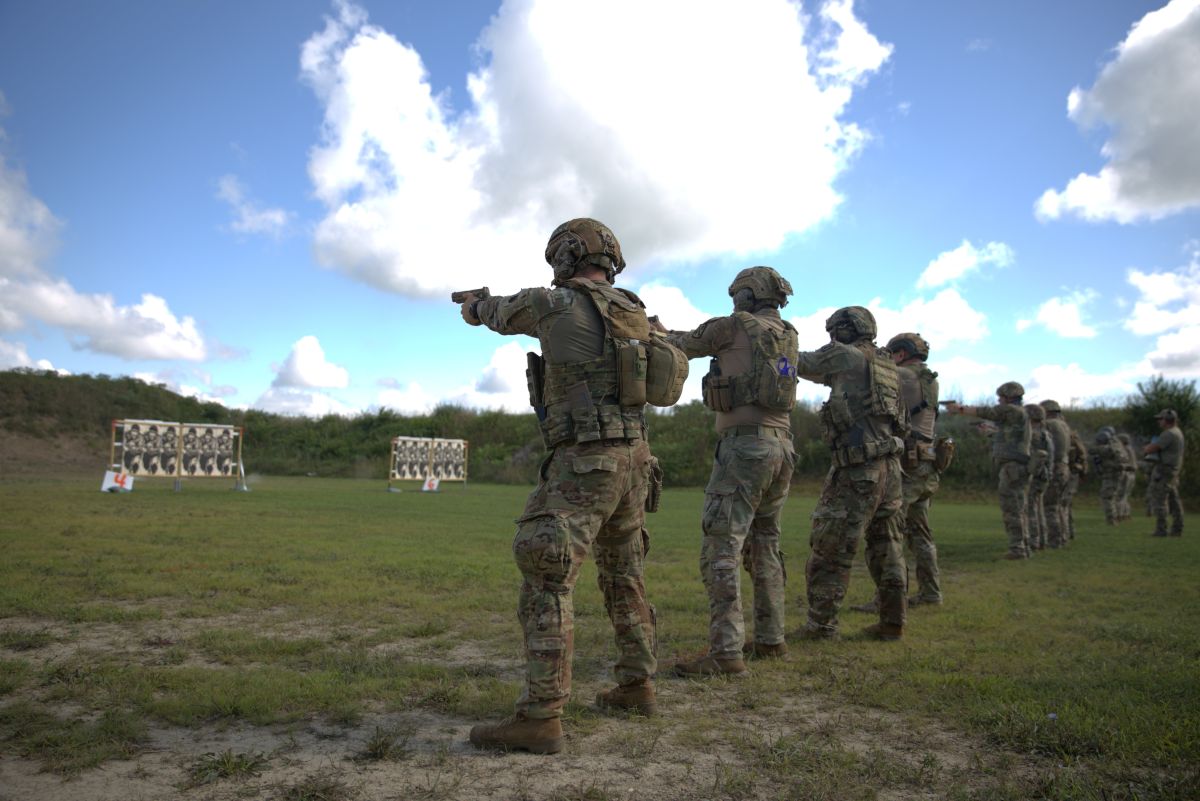In a recent opinion piece for The Atlantic, columnist Tom Nichols suggested that military leaders might soon face a dilemma regarding orders from President Donald Trump. Nichols argued that the military should consider refusing any directives that they deem unlawful, raising concerns about potential insubordination within the armed forces.
Explainer Trump Designates Antifa as Domestic Terrorist Organization Amid Protests in Oregon
Nichols, who has been critical of Trump, posited that a leader must control the military, intelligence agencies, and the justice system to maintain power. He claimed that while Trump has influence over the intelligence community and the justice system, the military remains an independent entity. "Only the military remains outside Trump’s grip … But for how long?" Nichols wrote.
The column, published on October 7, has sparked debate about the role of the military in domestic politics. Critics of Nichols’ argument contend that it undermines the chain of command and could encourage disobedience among service members. Supporters of Trump argue that the military's primary responsibility is to protect the nation and follow lawful orders from the commander-in-chief.
Nichols expressed concern over Trump’s deployment of the National Guard to certain cities, suggesting that it indicates a troubling trend. He stated, "The leaders of the U.S. military may soon face a terrible decision," implying that Trump’s actions could lead to a crisis of loyalty among military personnel.
In response to Nichols’ claims, some military analysts emphasized the importance of adhering to lawful orders. Retired Army General Mark Hertling remarked, "The military is trained to follow lawful orders, and any suggestion to disobey could have serious consequences for unit cohesion and discipline."
Nichols also speculated that Trump might attempt to issue orders aimed at suppressing dissent or interfering with elections. He warned that military commanders could be placed in a position where they must choose between obeying the president and upholding the law. "Military commanders may soon have to choose between obeying the president and obeying the law," he wrote.
Supporters of Trump argue that the military remains committed to its mission and will not turn against the president. They point to the loyalty Trump has garnered among service members, particularly after his administration's efforts to address issues such as COVID-19 vaccine mandates that impacted military personnel.
Nichols’ article has drawn criticism for its tone and implications. Some commentators have accused him of sensationalizing the situation and fostering division within the military. "Encouraging military members to question their orders is dangerous and could lead to chaos," said political analyst Sarah Johnson.
As the debate continues, the military's role in domestic affairs remains a contentious issue. With the 2024 presidential election approaching, the relationship between the military and the executive branch will likely be scrutinized further.
Beth Brelje, an elections correspondent for The Federalist, noted that many Americans support Trump’s agenda and may view calls for military insubordination as misguided. "Most Americans don’t want Trump restrained. They want him to carry out his agenda," she stated.
The discourse surrounding Nichols’ piece highlights the ongoing tensions between political leaders and the military, as well as the broader implications for governance and civil-military relations in the United States.
Why it matters
- Tom Nichols' piece raises concerns about military obedience to potentially unlawful orders from Trump, highlighting a crisis of loyalty.
- The article has ignited debate on the military's role in domestic politics, questioning the balance between following orders and upholding the law.
- Critics argue that suggesting military insubordination undermines the chain of command, risking unit cohesion and discipline.
What’s next
- Military leaders may need to clarify their stance on lawful orders amid rising tensions as the 2024 election approaches.
- Watch for potential military responses or statements regarding their role in domestic affairs in light of Nichols' claims.
